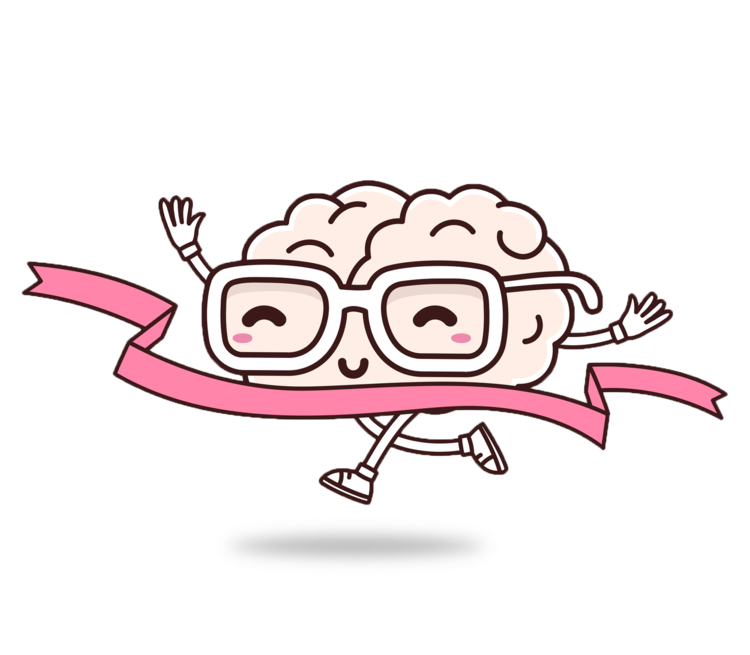THE PROCESS
Patients will sit in the office while a non-invasive EEG cap records brain activity. The recording usually takes about 30-minutes from putting the cap on to taking the cap off. It causes no pain, has no side effects, and can be done at almost any time of the day. After the session, Dr. Davidson will analyze the results and schedule a time to review her findings and treatment recommendations. The feedback session is usually anywhere from 30 to 45 minutes long and each patient is provided with a report that includes all the information discussed, along with the actual brain maps.

